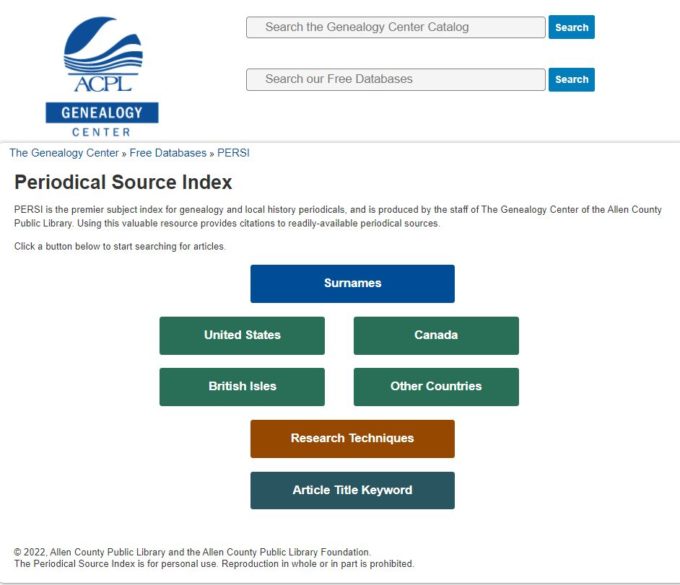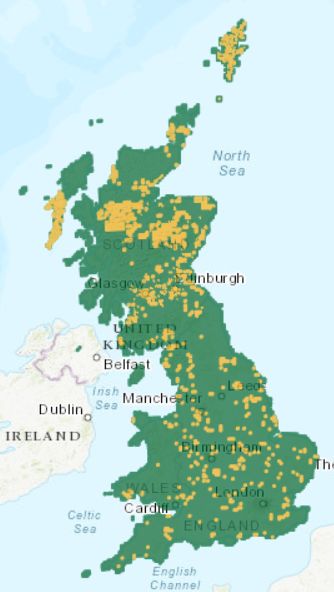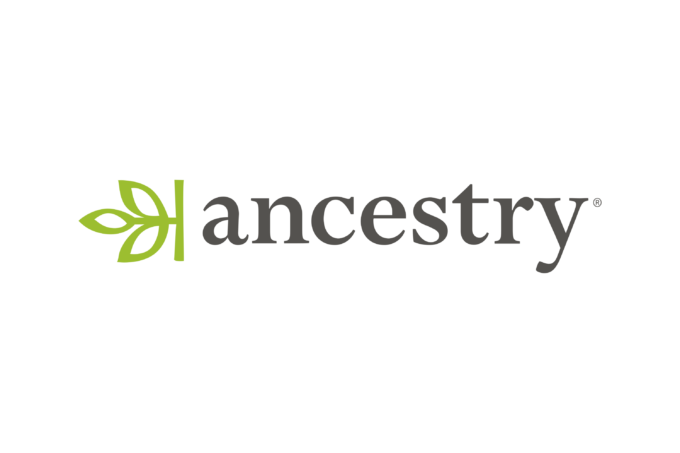Last July I noted the OPL had acquired copies of The Psychology of Family History : Exploring Our Genealogy, by Susan Moore, Doreen Rosenthal and Rebecca Robinson.
In September Moore and Robinson published an article What Motivates Family Historians? A Pilot Scale to Measure Psychosocial Drivers of Research into Personal Ancestry in the open-access journal Genealogy. The findings are based on an online survey of 775 adult Australian women and men who self-described as amateur family historians, aged between 21 and 93 years, with a median age of 63 years. 85% were women.
Participants were asked to assess 20 factors that might motivate their family history interest and to provide demographic and personality data.
Analysis suggested three dominant motivations: self-understanding, altruism, and cognitive challenge.
“Individuals whose motives toward self-understanding were stronger were also more likely to be adopted, have half-siblings, and/or have had a DNA test. These associations independently suggest a lack of knowledge about biological and ancestral roots.”
“Higher scores on the altruism motive were characteristic of those who had more descendants and who were more generative, that is, oriented toward assisting and leaving a legacy for the next generation. The higher levels of conscientiousness and openness to experience of these individuals also point to a sense of personal maturity that might reasonably characterize those with the psychosocial resources to contribute toward the welfare of others, particularly with activities that strengthen family ties.”
“Those more strongly motivated by the cognitive challenges of family history research tended to be more highly educated and to spend more time on their genealogical activities,,, It indicates an interest in intellectual endeavours, puzzles and mysteries, and the at-times addictive quality of these interests.”
Additional motivations identified but not quantified were “spiritual/life meaning motives, comfort motives, making social connections, and travel enhancement. ”
If these Australian pilot study results are applicable elsewhere, and one needs to be cautious as the participants were largely Australia-born and did not reflect more recent immigrants’ concerns, they are food for thought for Canadian, and other, family history societies who want to better understand and serve their members.
The motivation questions used are below, If enough people, more than 20, complete the survey I’ll post a summary.
If you want, post a comment on why you responded other. Pertinent comments are always welcome.


 The FreeBMD Database was updated on Wednesday 12 January 2022 to contain 283,535,186 unique entries, increased from
The FreeBMD Database was updated on Wednesday 12 January 2022 to contain 283,535,186 unique entries, increased from 

 Just out of copyright and now online, 2,332
Just out of copyright and now online, 2,332  The Ancestry Card Catalog entry for this addition is: UK, Royal Air Force Operations Record Books, 1911-1963, Military, 758,658 records. The original data source is AIR 27 Air Ministry and successors: Operations Record Books, Squadrons Record books 1911-1993 at the National Archives, Kew.
The Ancestry Card Catalog entry for this addition is: UK, Royal Air Force Operations Record Books, 1911-1963, Military, 758,658 records. The original data source is AIR 27 Air Ministry and successors: Operations Record Books, Squadrons Record books 1911-1993 at the National Archives, Kew. Now we’re past the 12 days of Christmas and looking ahead with optimism to an active 2022, a reminder about the opportunity to speak at The Ontario Ancestors (OGS) Virtual Conference to be held June 24- 26, 2022.
Now we’re past the 12 days of Christmas and looking ahead with optimism to an active 2022, a reminder about the opportunity to speak at The Ontario Ancestors (OGS) Virtual Conference to be held June 24- 26, 2022. The new year brings the annual BMD update to
The new year brings the annual BMD update to